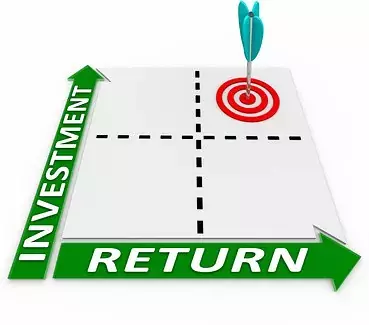 Renting — Factors To Consider
Renting — Factors To Consider
- No need for you to deal with the unexpected disruptions and difficulties of down time and maintenance costs because the rental company picks up these expenses.
- You can set your budget to a fixed monthly rate.
- Rental costs can be expensed fully almost immediately. The return on your assets will not be affected.
- Your capital will not be tied up in any equipment. Renting offers flexibility to your business, since you can remove or add lift trucks without risking major capital losses.
- Renting often leads to a size reduction of the fleet. With new equipment, you are able to produce better productivity and reduce the down times, which means fewer machines will be required.
Buying – Factors To Consider
- Ownership of a forklift is an asset. Forklifts usually have very good resale value.
- If you use forklifts daily and for long hours each week, renting may cost more over time. Buying units ensures that you have the proper forklift on hand all the time.
- You will never tie up too much capital if you opt to buy a used machine, for example.
- If you do not use forklifts on a daily basis, you will not need a late model machine that is top of its range.
- Service costs are minimal because of low usage.
The dilemma of “Should I buy or rent?” is not easily answered by a standard set of circumstances that could instantly help you decide. You have to weigh various factors and benefits while looking at what your business requirements are. Examine costs involved and where your company might save money as well. If you need help in deciding, it is best to approach a dealer in the area to help you make the correct decision.
